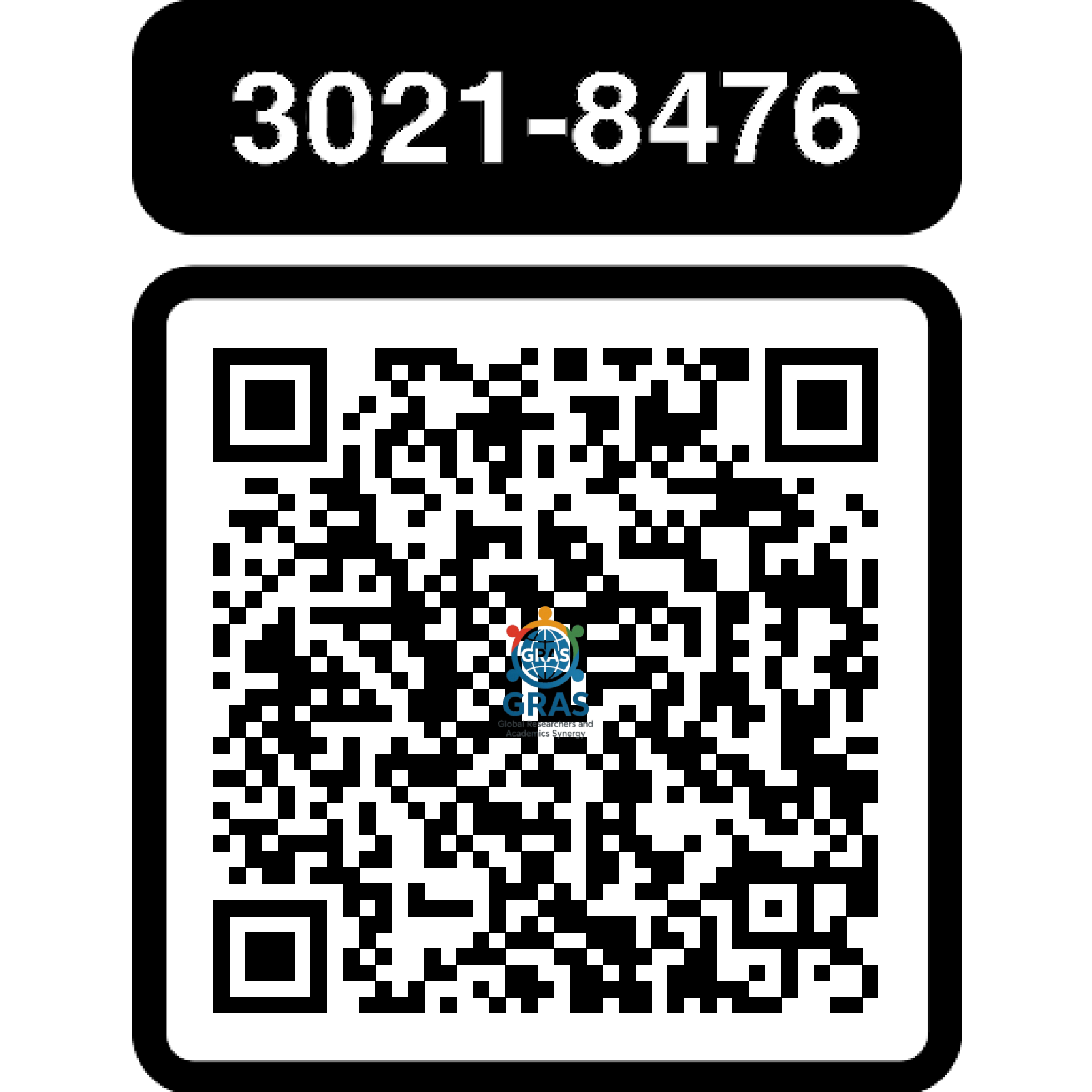Al-Qur'an Literacy Assistance (BTQ) at the As'adiyah Lapai Islamic Boarding School, North Kolaka Regency
Keywords:
Community service, KKN, BTQ, As’adiyah LapaiAbstract
Community service is one form of implementing the Tri Dharma of Higher Education through the Community Service Program (KKN). This activity is carried out to address issues within society. One of the programs conducted by the Thematic Community Service Program (KKN) students of Universitas Islam As’adiyah Sengkang is the Qur'anic Reading and Writing Guidance (BTQ). This program was initiated based on observations and interviews with the head of Madrasah Tsanawiyah As’adiyah Lapai, which revealed that the students of the school still had difficulties in reading and writing the Qur'an. The participants of this program were students from grades VII, VIII, and IX, with specific guidance for each level: grade VII focused on reading practice, grade VIII on reading improvement, and grade IX on memorization. The results of this activity indicate that The students participating in this activity can write Quranic verses well, read, and memorize the Quran fluently and in accordance with Tajweed.
Downloads
References
Ahmad, S. M., & Hassan, R. (2023). Creating supportive environments in Quranic education: Balancing reverence and accessibility. Journal of Islamic Education Research, 15(2), 78-94. https://doi.org/10.1080/jier.2023.15.2.78
Daulay, S., Suciyandhani, A., Sofian, S., Julaiha, J., & Ardiansyah, A. (2023). Pengenalan Al-Quran. Jurnal Ilmiah Wahana Pendidikan, 9(5), 472-480. https://doi.org/10.5281/zenodo.7754505
Djaali, H. (2008). Psikologi pendidikan (3rd ed.). Bumi Aksara.
Fadhilah, A., & Rahman, M. K. (2022). Temporal considerations in Islamic educational interventions: Short-term programs and long-term impact. International Journal of Religious Education, 28(4), 112-128. https://doi.org/10.1177/ijre.2022.28.4.112
Hamid, N. A., & Sari, D. P. (2023). University-madrasah partnerships in Indonesia: Models for sustainable educational collaboration. Educational Partnership Review, 41(3), 203-219. https://doi.org/10.1016/epr.2023.41.3.203
Hidayat, L., & Nurdin, H. (2023). Expanding Islamic education programs: Resource considerations and community engagement strategies. Islamic Education Development, 19(1), 45-62.
Mahmud, A. R., Salam, M. T., & Yusof, K. (2022). Learning progression in Quranic literacy: Assessment and improvement strategies. Quranic Studies Education, 12(3), 167-183. https://doi.org/10.1080/qse.2022.12.3.167
Muhsyanur et.al. (2025). Membangun Kemandirian Ekonomi Santri : Optimalisasi Literasi dan Hukum Syariah dalam Praktik Kewirausahaan di Pesantren. 3(1), 192–198.
Muhyiddin Tahir, Muhsyanur, Dina Ramadhanti, L. F. (2024). Pemberdayaan guru madrasah melalui pendampingan menulis dan publikasi ilmiah. 1–10.
Nurhasanah, S., & Pratama, R. (2022). Student psychological well-being in Islamic educational contexts: Comfort, motivation, and achievement relationships. Psychology of Islamic Education, 8(2), 134-151. https://doi.org/10.1037/pie.2022.8.2.134
Rahman, H., & Abdullah, M. (2023). Community service programs in Islamic higher education: Bridging theory and practice. Islamic Higher Education Review, 33(4), 289-305.
Silvina, A. D. (2021). Faktor penyebab menurunnya minat anak dalam belajar Al-Qur'an di TPQ An-Nafi'u Desa Sukarami Kecamatan Seluma Selatan Kabupaten Seluma [Undergraduate thesis, Institut Agama Islam Negeri Bengkulu].
Yuliawati, S. (2012). Kajian implementasi tri dharma perguruan tinggi sebagai fenomena pendidikan tinggi di Indonesia. Jurnal Ilmiah Widya, 218712.
Yuniarto, D. (2018). Analisis penerimaan penggunaan aplikasi laporan beban kerja dosen dan evaluasi pelaksanaan tridharma perguruan tinggi secara online menggunakan Technology Acceptance Model (TAM) (Studi kasus di lingkungan Perguruan Tinggi Sebelas April dan STMIK Sumedang). Infoman's: Jurnal Ilmu-Ilmu Manajemen dan Informatika, 12(1), 37-46.
Yusuf, M. A., & Aminah, S. (2023). Integrated competency development in Quranic literacy education: Assessment and instructional implications. Arabic and Islamic Studies Education, 16(1), 23-39. https://doi.org/10.1080/aise.2023.16.1.23
Zakaria, F., Ahmad, M. H., & Ibrahim, N. (2022). Student-instructor ratios in religious education: Impact on learning outcomes and student satisfaction. Religious Education Quality, 25(2), 91-107.
Downloads
Published
Issue
Section
License
Copyright (c) 2025 Ahmad Taufiq Masse , Andi Utari Samsir, Muhammad Fadil, Muh. Abrar, Ahmad Taufik, Yogi Adrian (Author)

This work is licensed under a Creative Commons Attribution-ShareAlike 4.0 International License.













